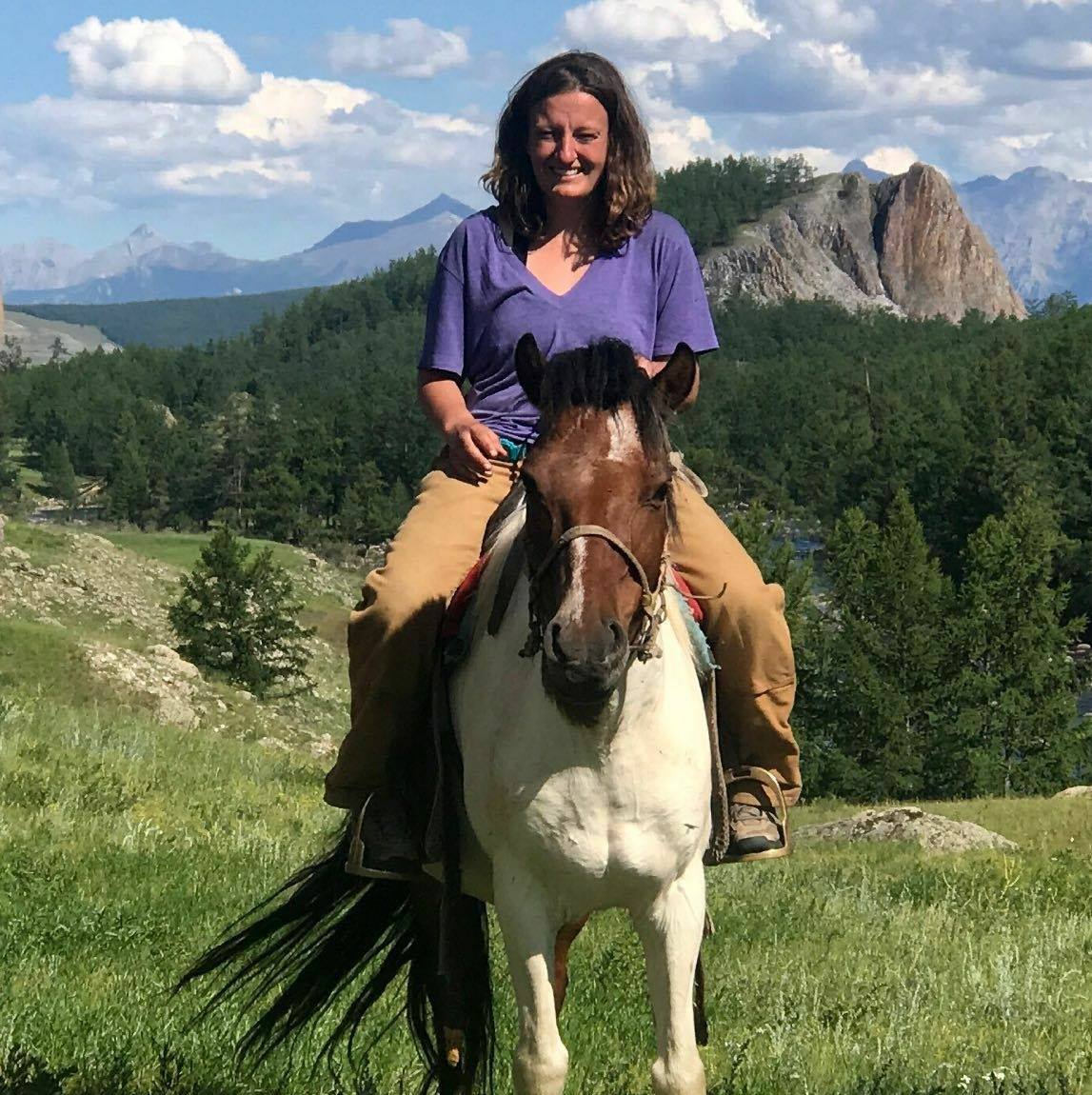
Herders, indicators and ratings predict rangeland conditions in three Mongolian ecological zones
Synopsis Given the growing research on traditional ecological knowledge and its use in resource management, there is a need to understand the relationship between indicators to assess resource condition used by researchers and those used by local herders. To better understand indicators used by herders, we conducted in-depth field interviews with 26 herders in three […]







